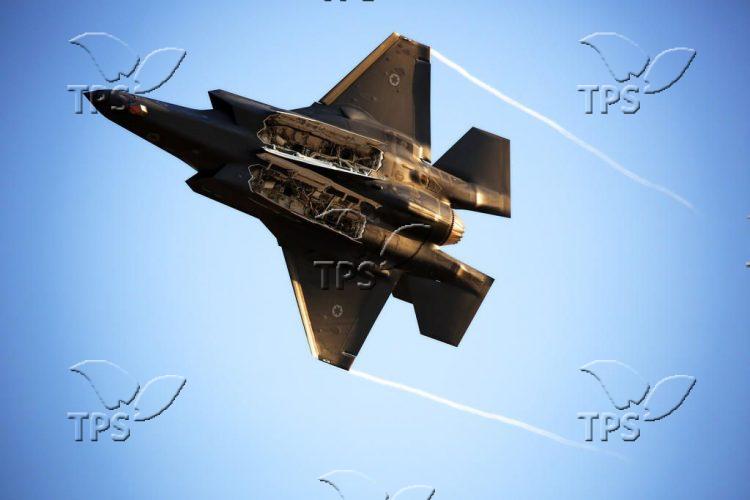As Israel Mulls Attack on Iran, Russian and US Red Lines Match Up, Says Analyst
Jerusalem, 18 April, 2024 (TPS) -- As Israel considers retaliating for Iran’s attack, an analyst said that Russian and US red lines are in alignment, but that Israel could carefully navigate its way with a measured response.
“An open and comprehensive Israeli response would be seen by Moscow as a red line. In this regard, the interests of the Kremlin and the White House coincide. Neither Washington nor Moscow is interested in a comprehensive Israeli response,” Bar-Ilan University Professor Ze’ev Khanin told The Press Service of Israel.
Khanin is the head of the Post-Soviet Conflicts Research Program at the university’s BESA Center for Strategic Studies. He explained to TPS-IL that “Israel will have to do something that openly and clearly shows that Israel reacted and ‘don’t try us anymore.’ That will be a good message to Moscow as well. But the balance should be kept somehow.”
Moscow and Tehran are close partners, with Iran producing drones used by the Russian military in attacks on Ukraine. Russia has been helping Iran develop its nuclear program and has also provided Tehran with air defense systems.
“The Russians are not interested that the Israeli Air Force will test their air defense systems – that will be too bad for their arms business,” Khanin told TPS-IL.
The Kremlin’s official position is that Iran’s missile and drone attack was a legitimate response to an Israeli airstrike on the Iranian embassy compound in Damascus. Killed in the April 1 attack, which Israel never officially acknowledged, was Gen. Mohammad Reza Zahedi of the Islamic Revolutionary Guards Corps and other IRGC officers.
In addition, “Russia buys Tehran’s explanation that they had to do something to save the Palestinian people in the Gaza Strip,” Khanin said. “According to Moscow, it’s Israel’s fault. That’s what I hear from Russia’s political commentators all the time. It serves their narrative that it was the Americans who monopolized the whole Mideast peace process, canceling Russian influence. The seventh of October and Iran’s attack are the result of American mismanagement, according to them.”
But despite the rhetoric, the Kremlin prefers “to keep things business as usual,” Khanin stressed.
“Their interest is stopping the creation of an anti-Iranian alliance of Israel and the moderate Arab states. The seventh of October didn’t cancel [Israeli-Saudi normalization], just delayed it. And that’s a big profit for Moscow,” Khanin said. “It’s not in their interest to open another confrontation with Israel at the moment. Russia prefers to differentiate between what they’re saying and what they’re doing.”
Asked about Moscow’s red lines regarding an Israeli attack, Khanin said Moscow would be angry if retaliation “includes damage to Iran’s nuclear or drone industry, two spheres the Russians are deeply involved in.”
Khanin noted that the Russians “Never acknowledged their role, if there is one, in Iran’s missile industry. However, we know that exchanges between Russia and Iran include not only drones but engines for ballistic rockets.” Khanin said he did not know if the missiles Iran fired on Saturday had Russian engines.
“I have the impression that Ukraine is more than happy with Israel’s success, and will be even more happy if Israel will respond with a massive attack on Iran’s drone, nuclear and rocket industries,” Khanin noted. “They’re very unhappy with the Shahed drones they see every day.”







